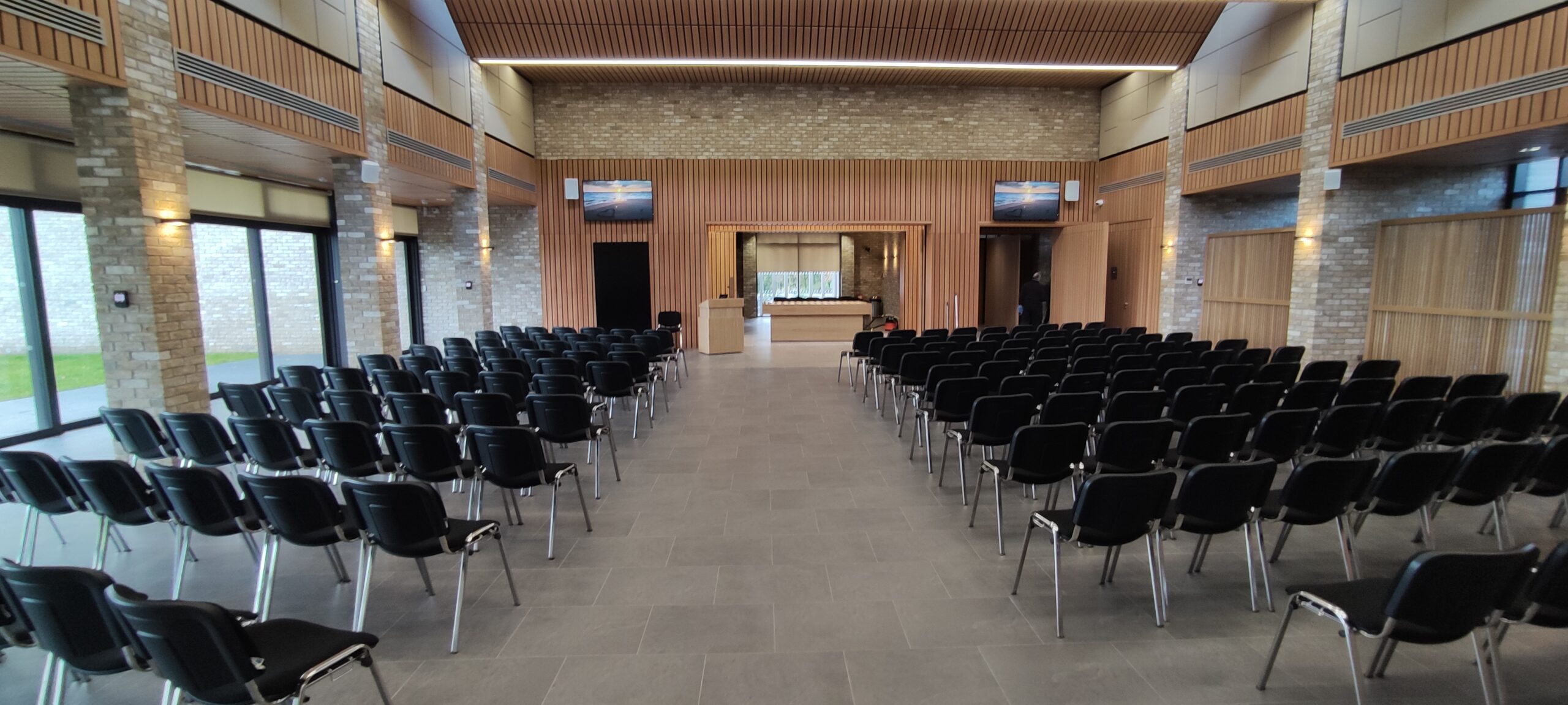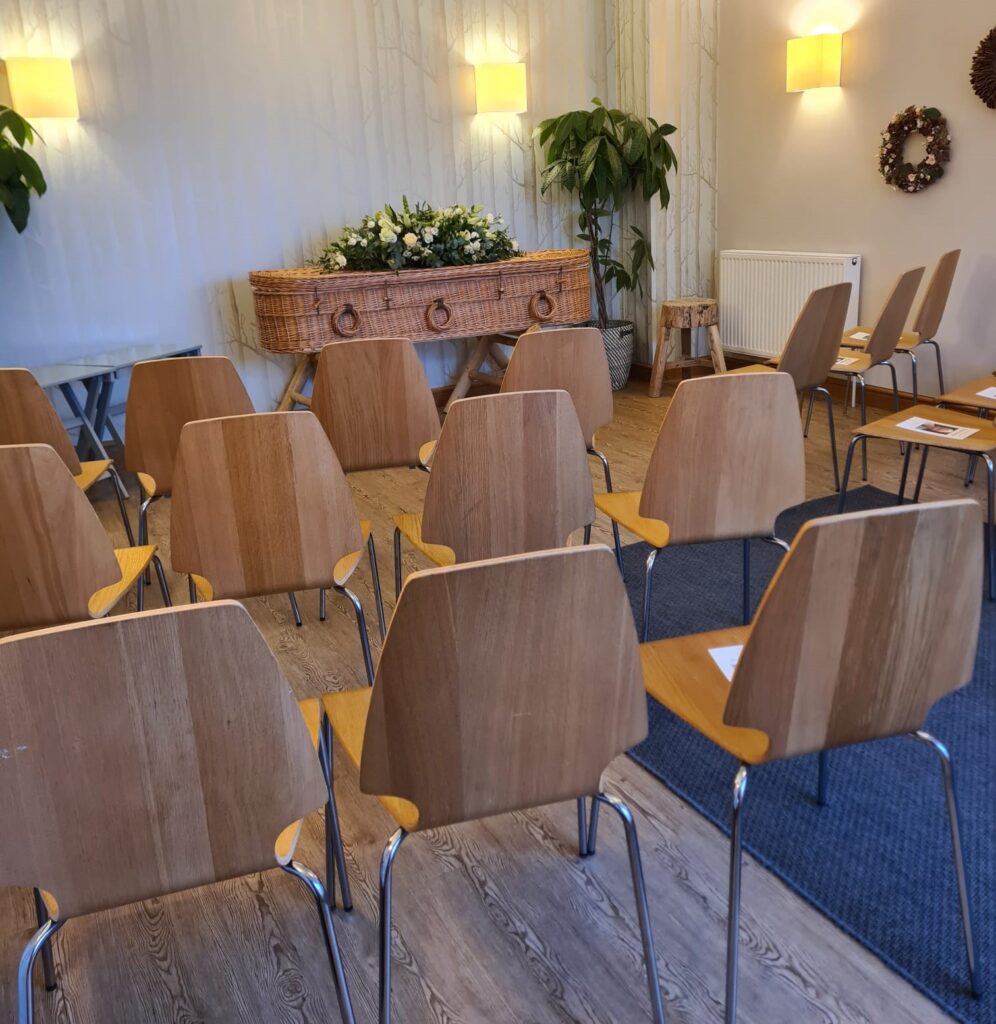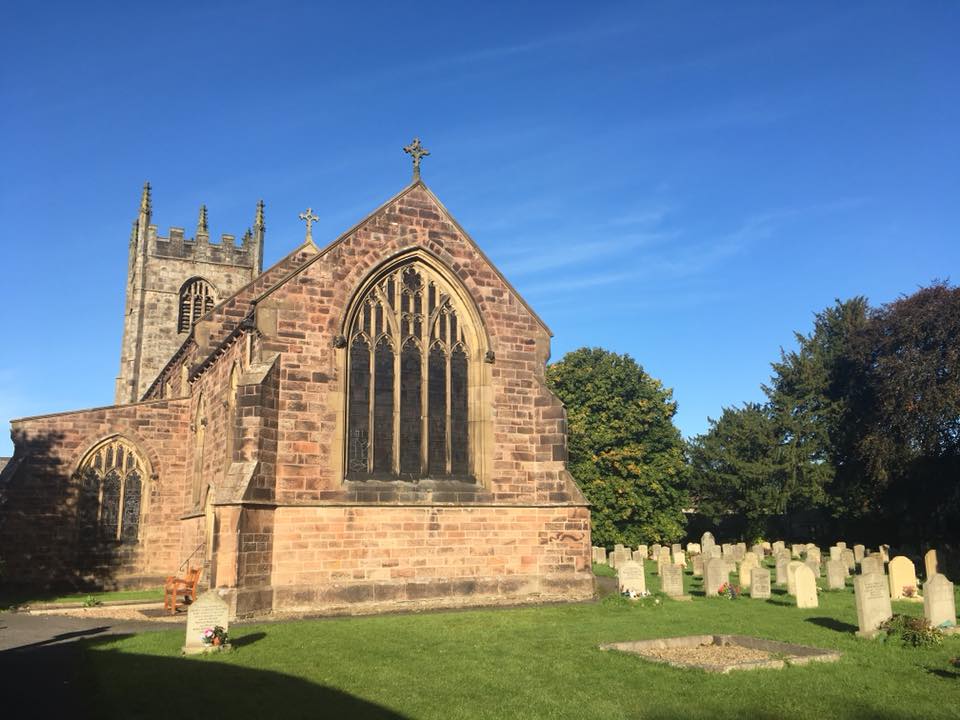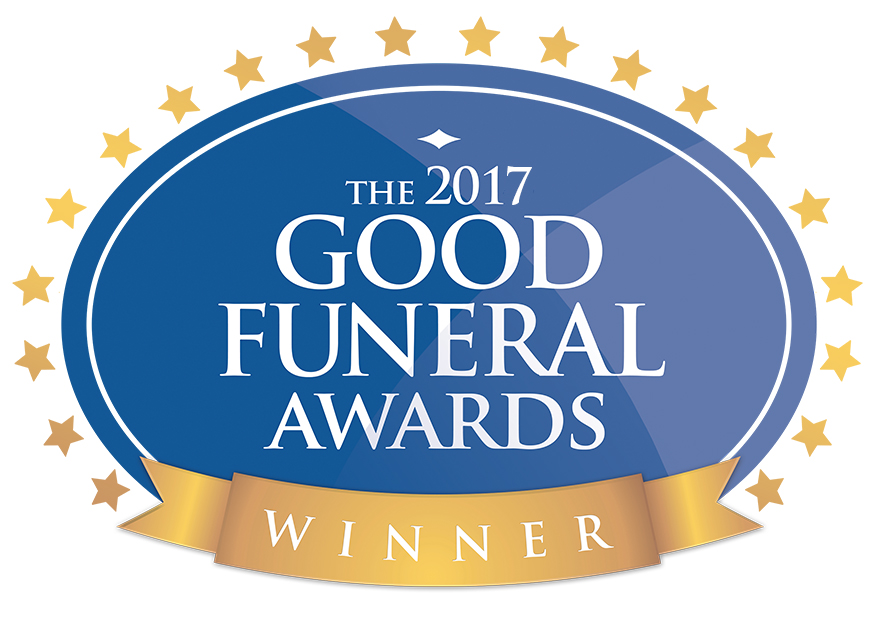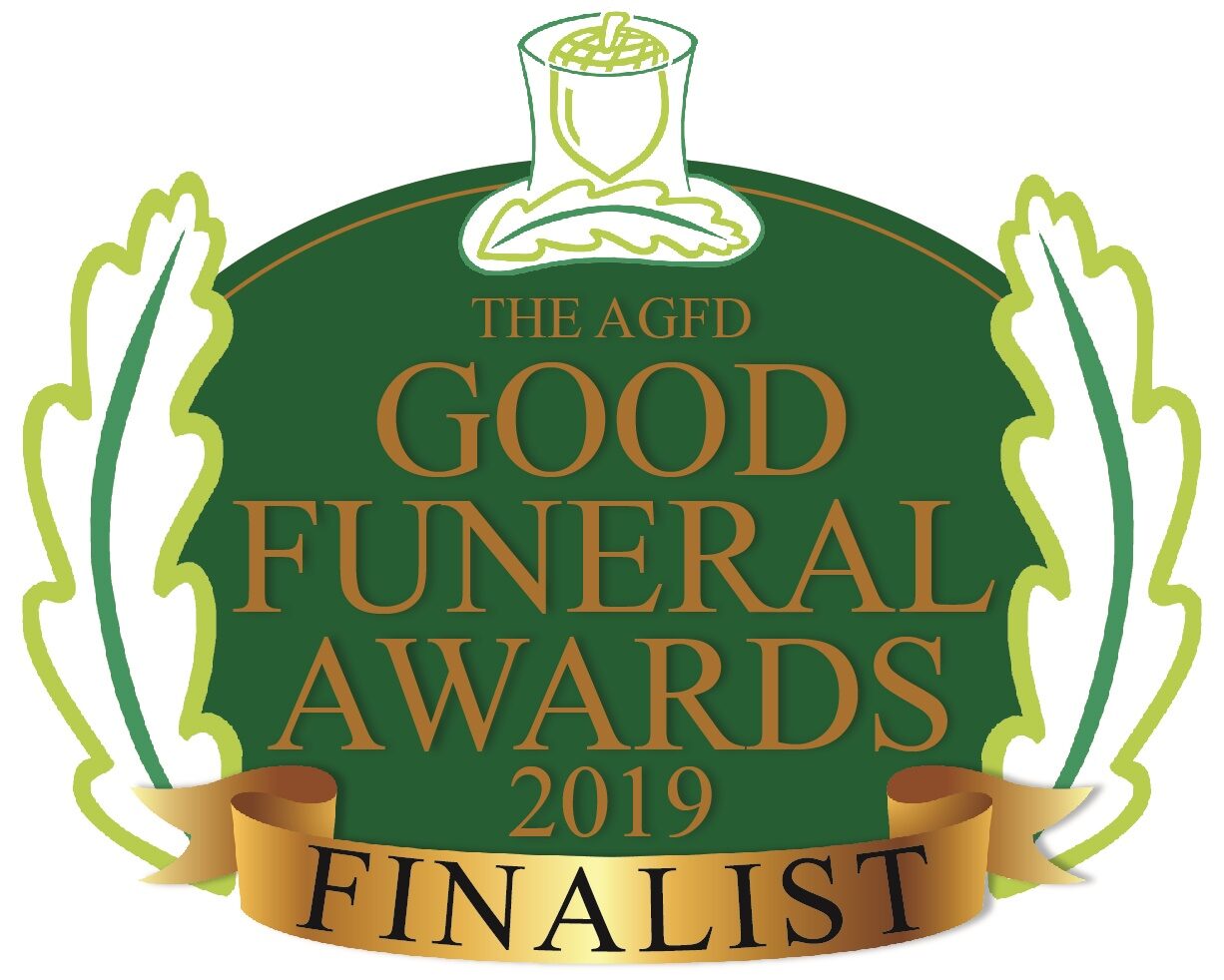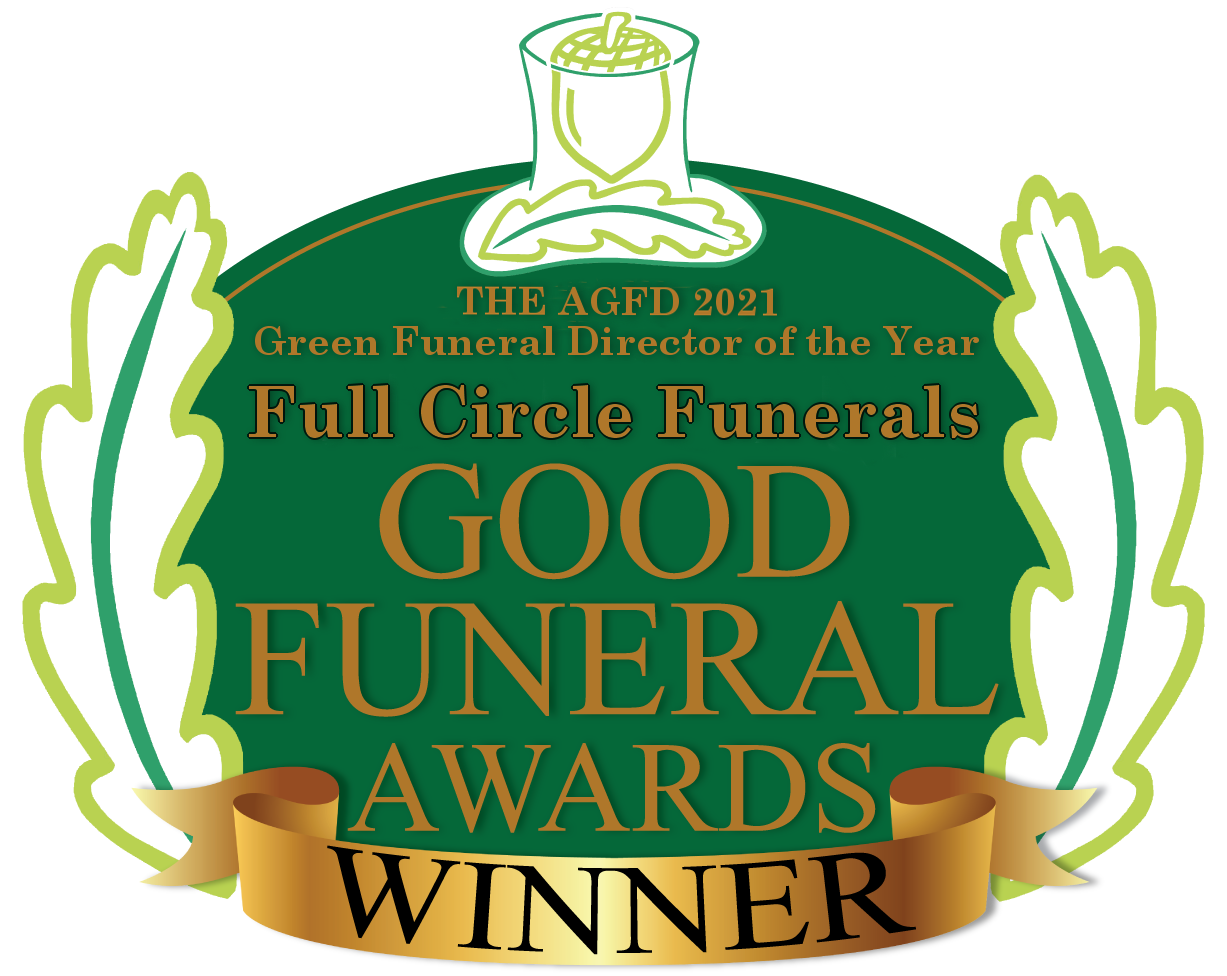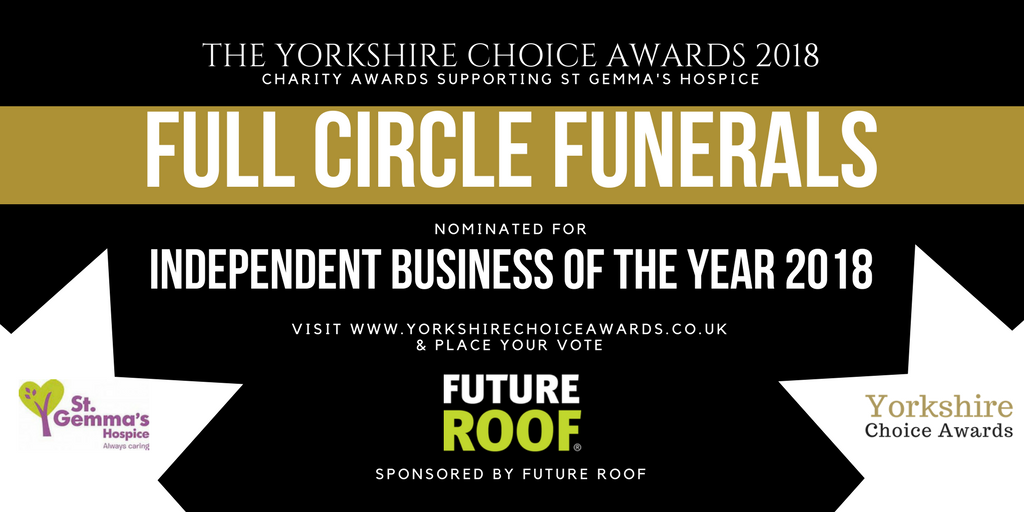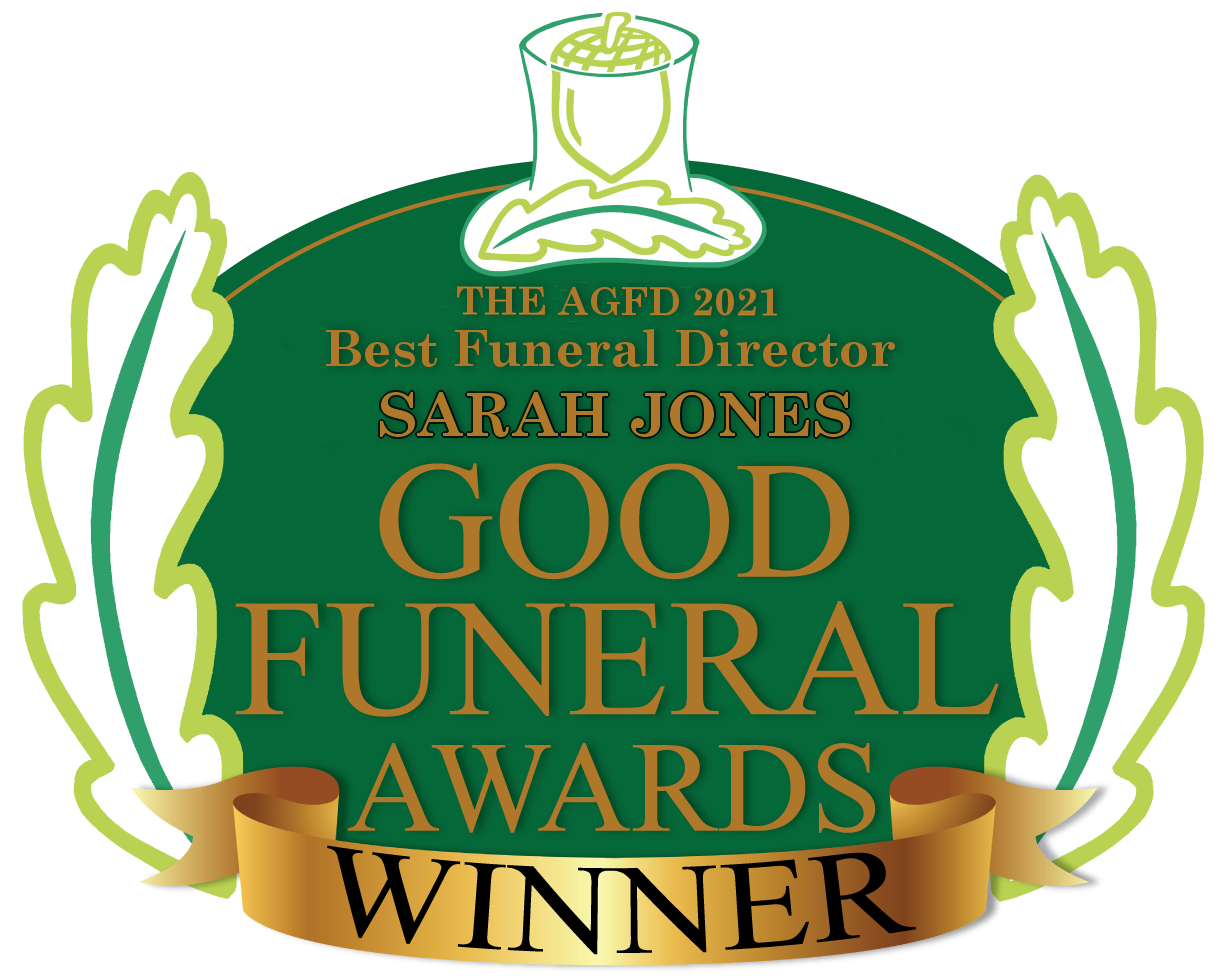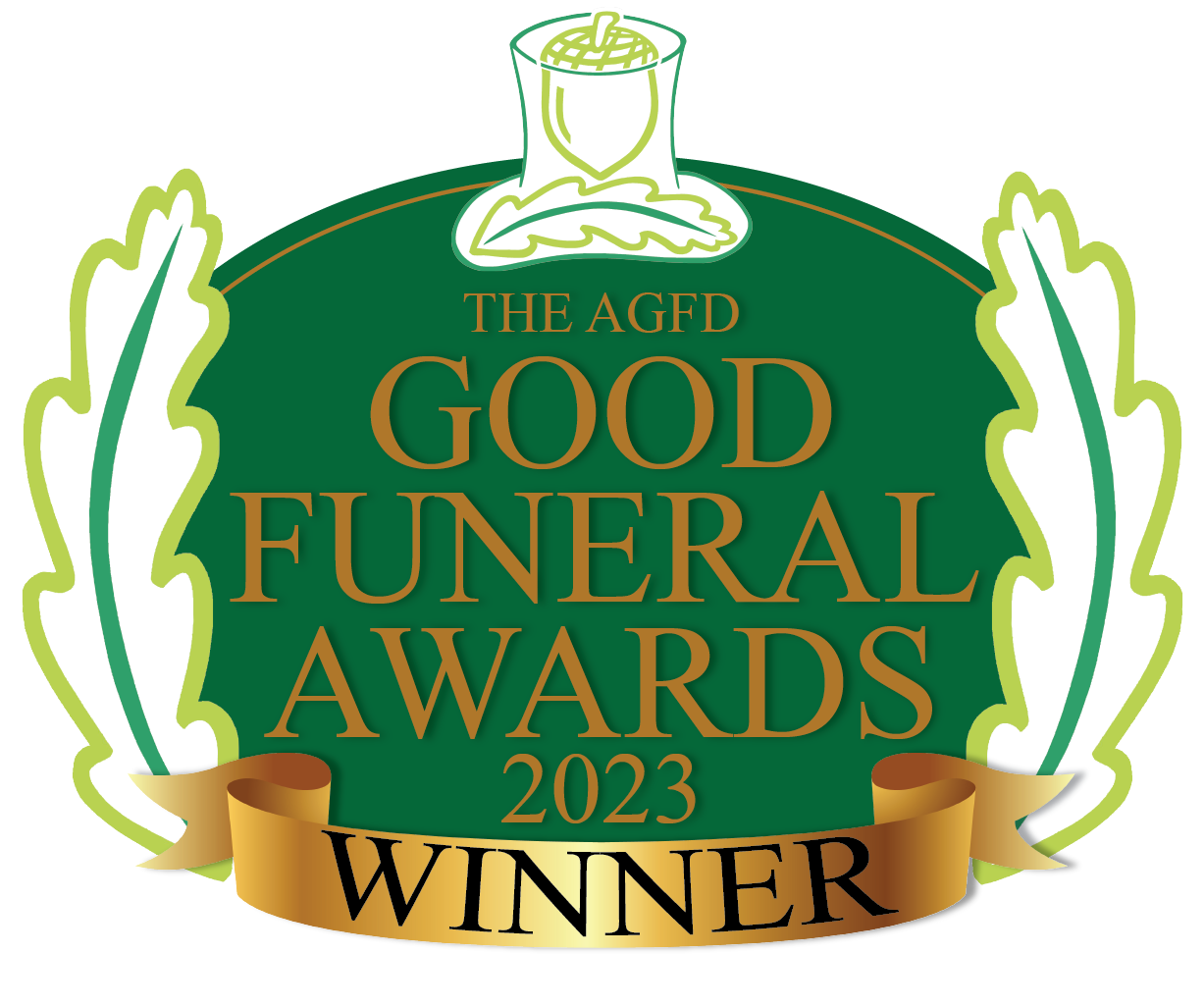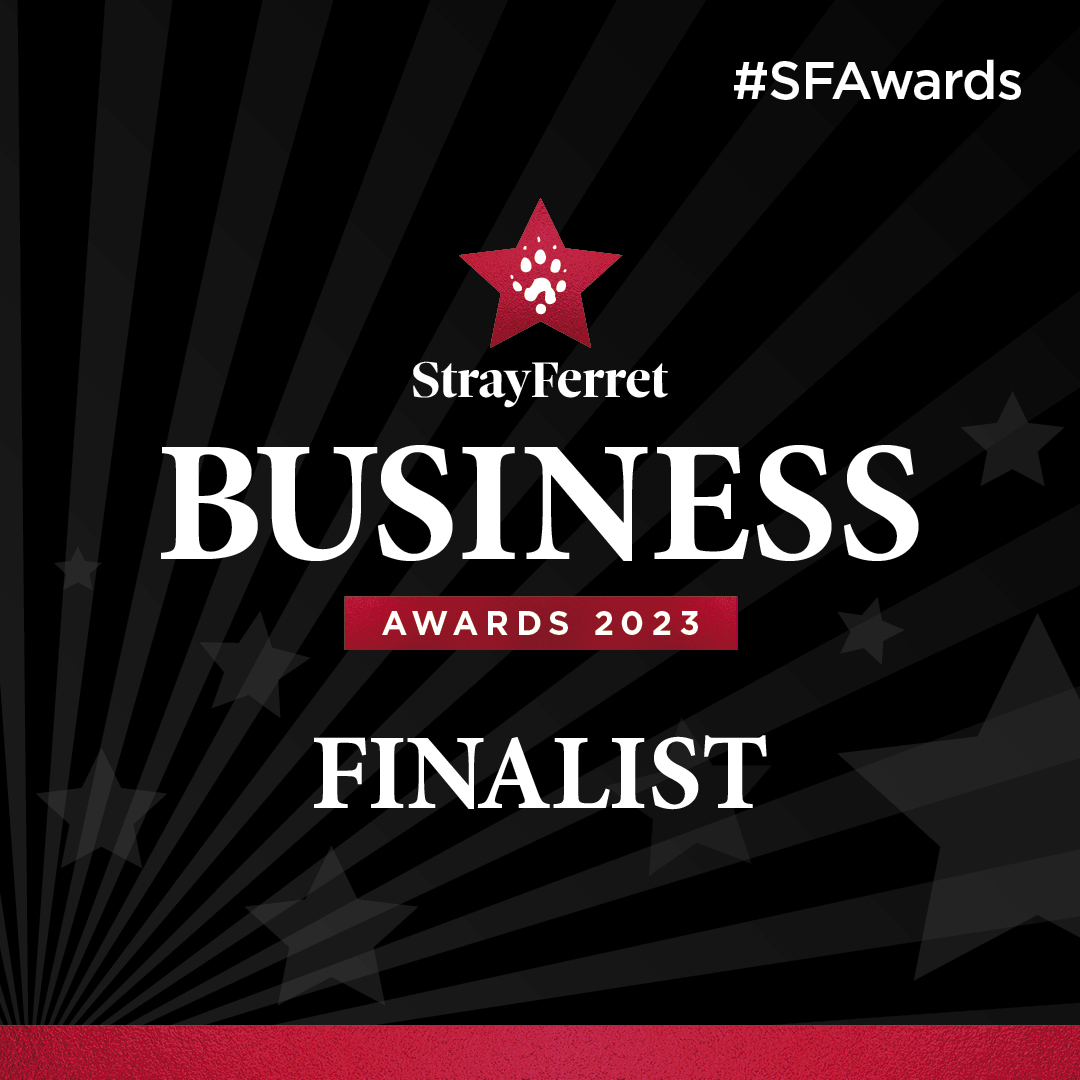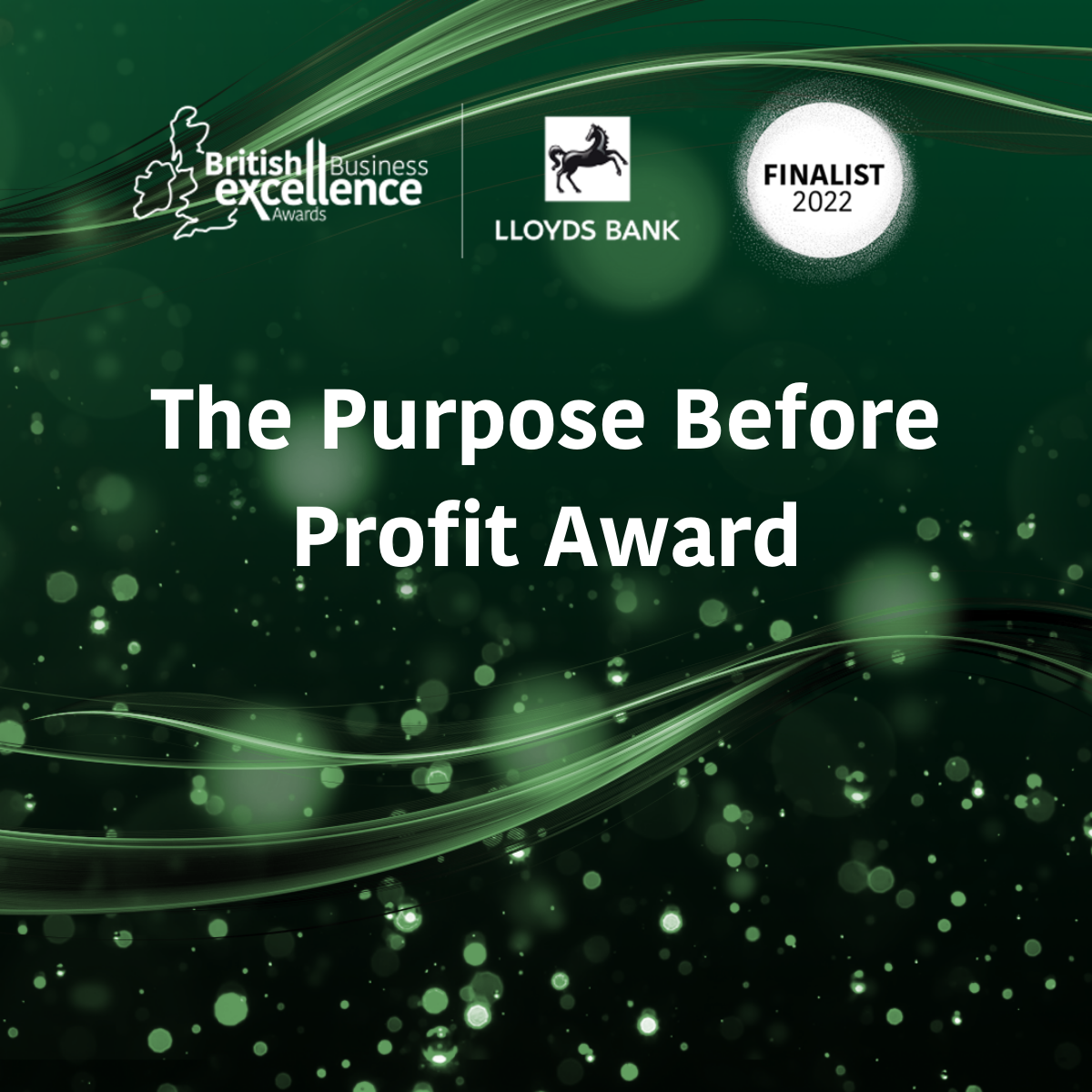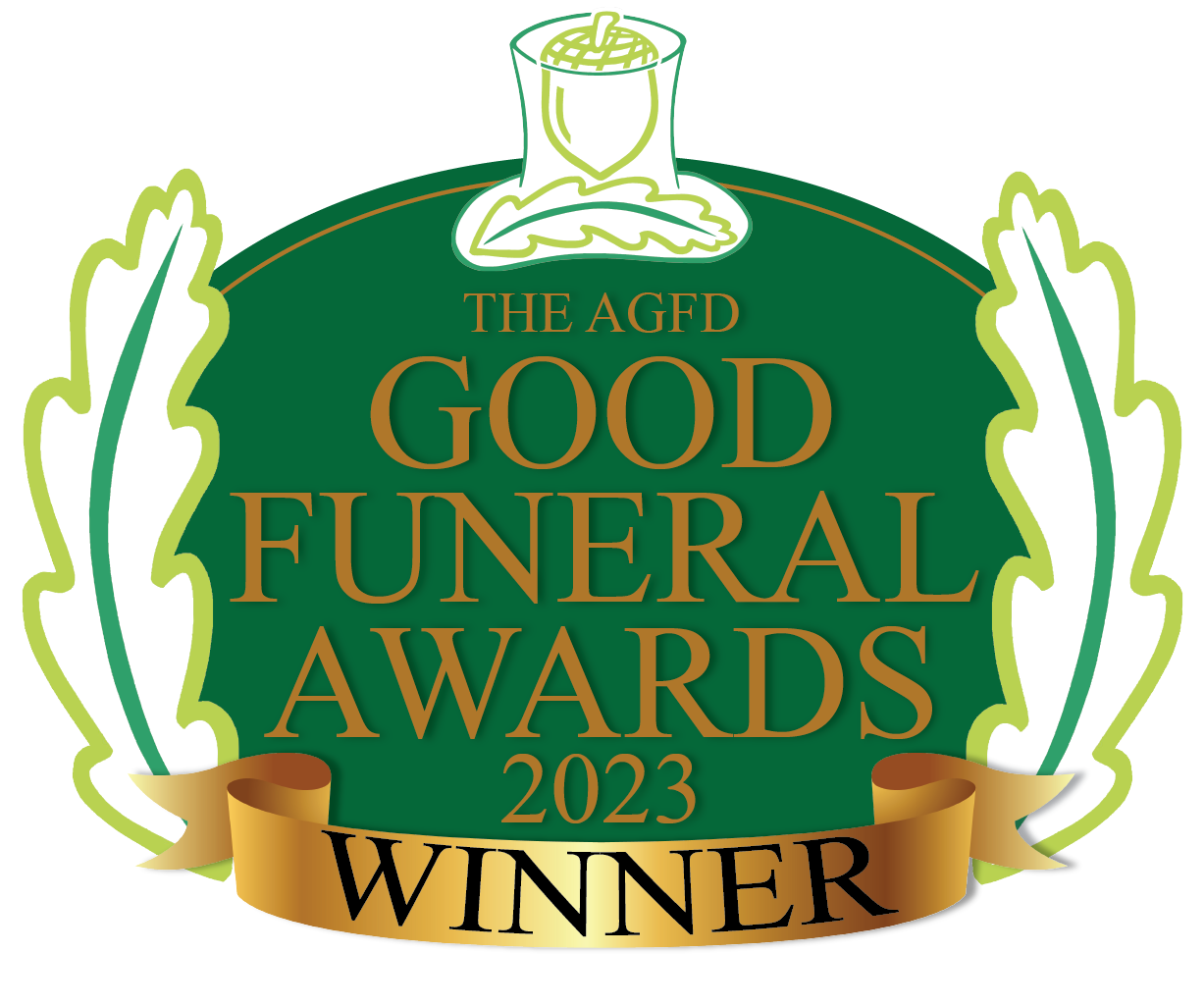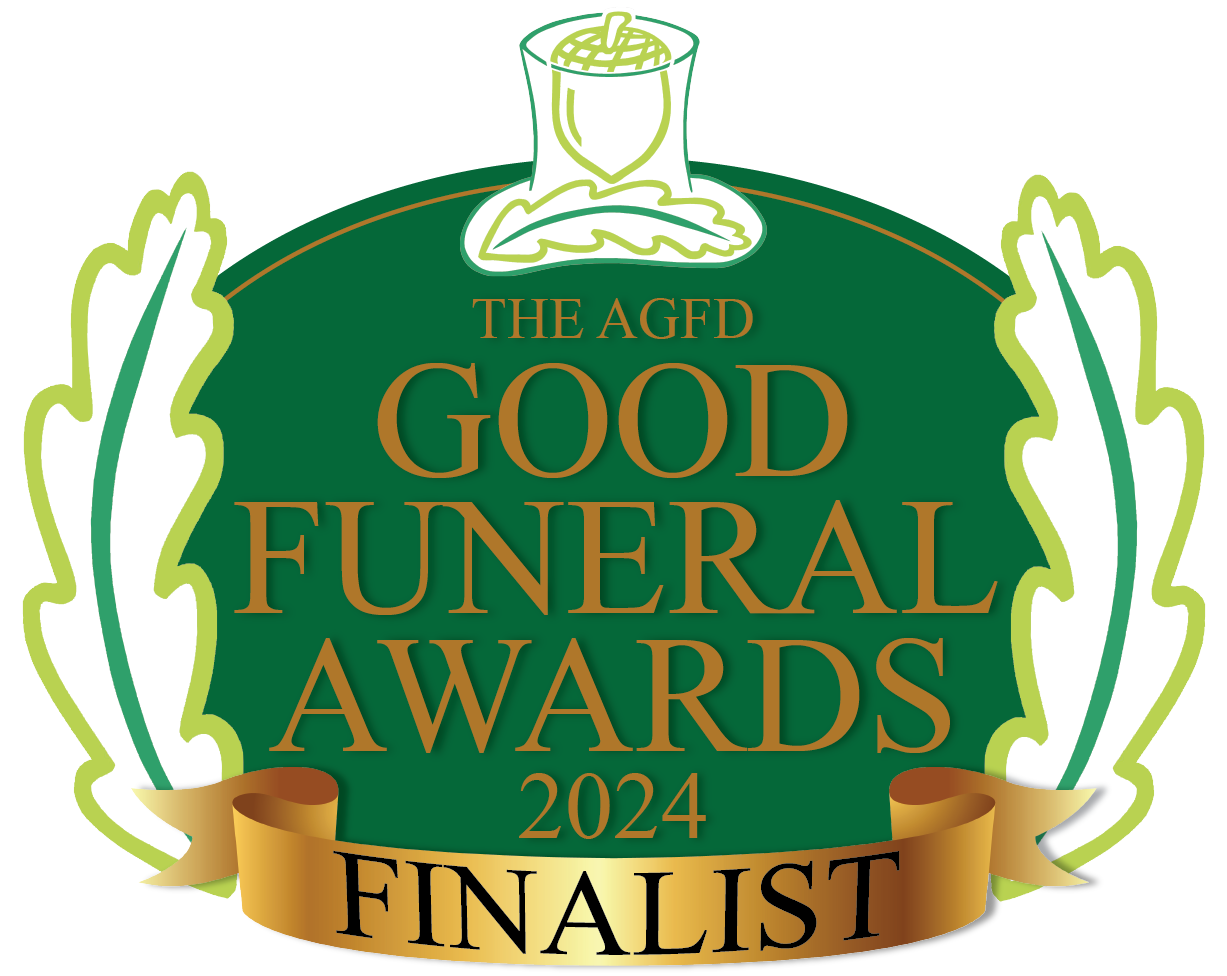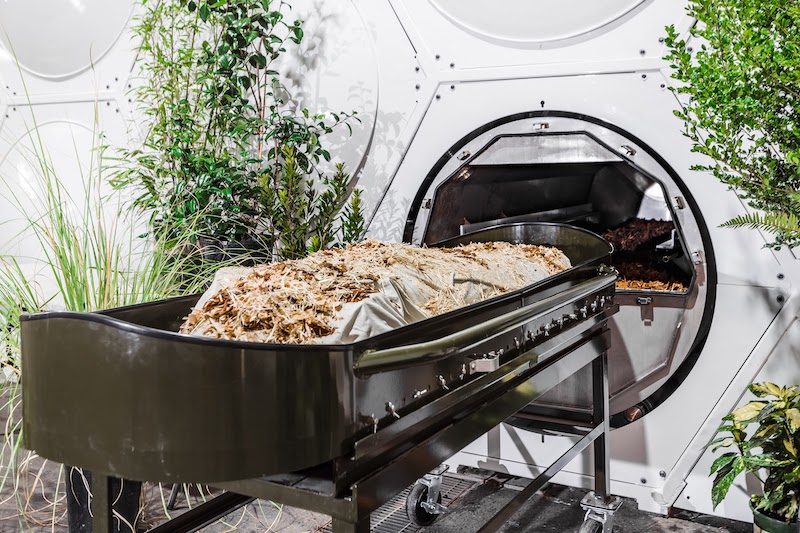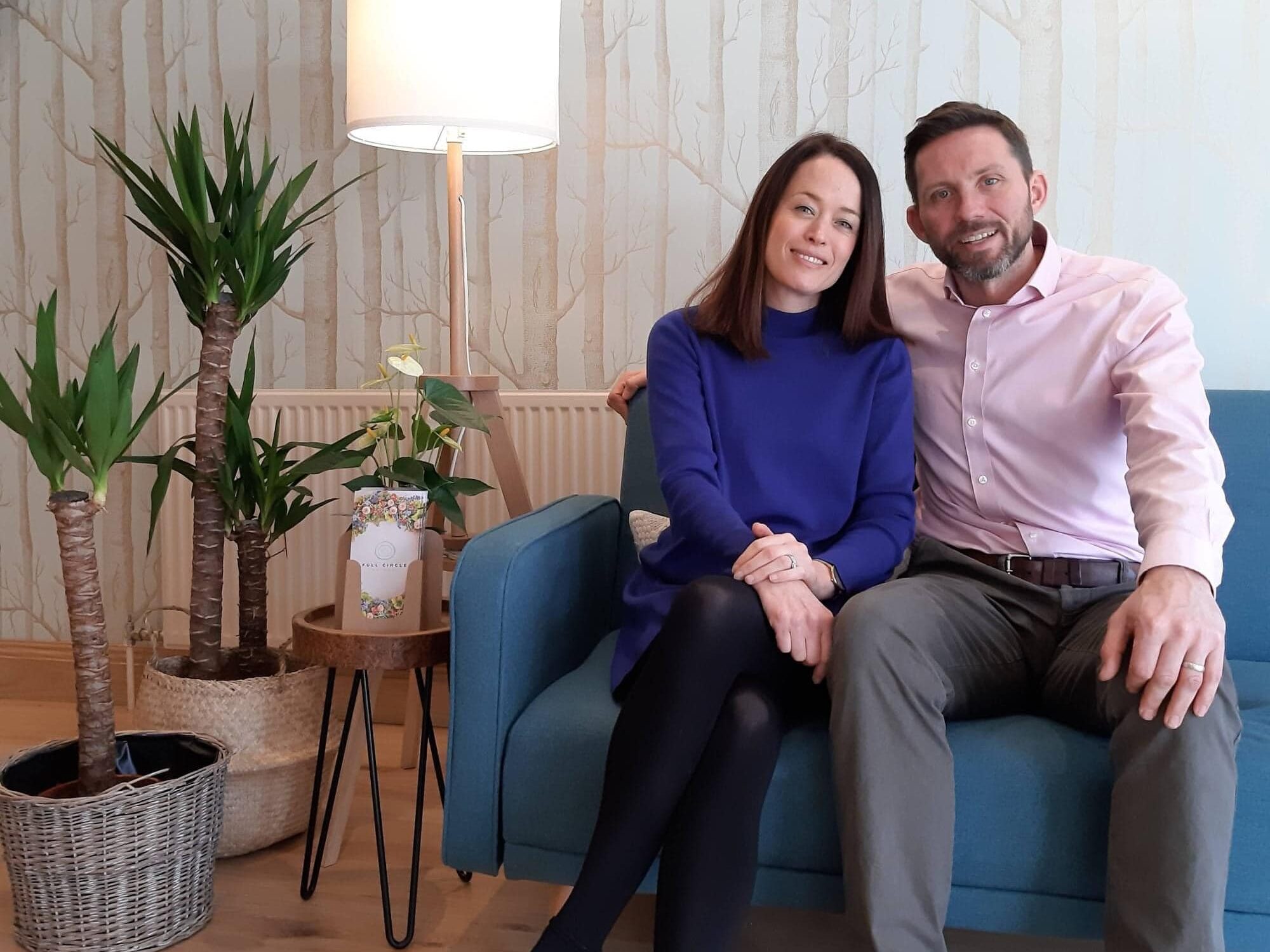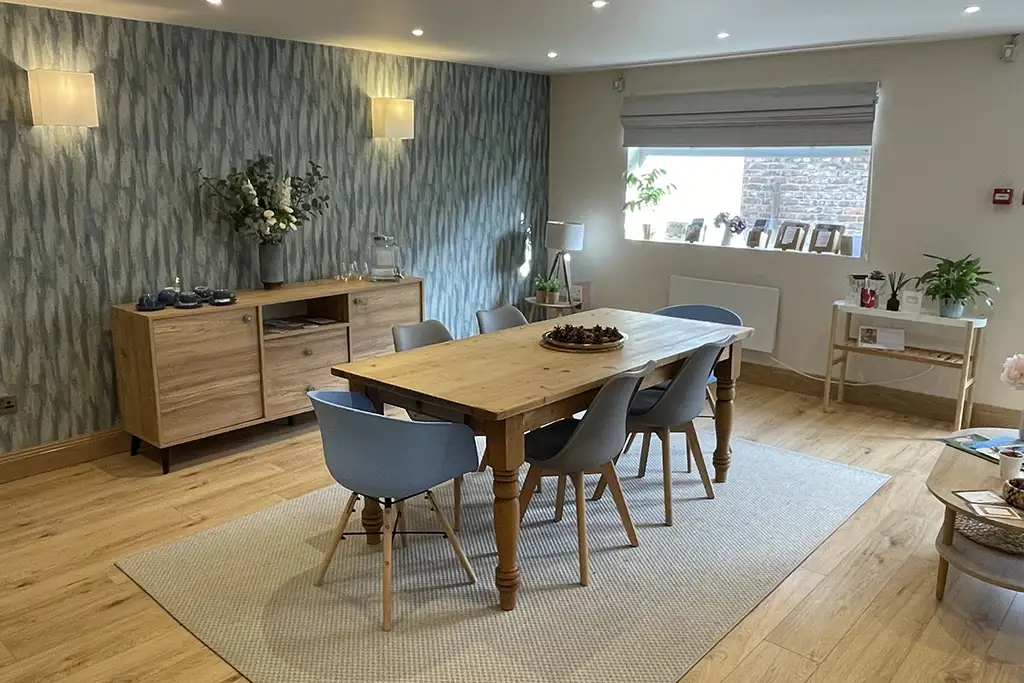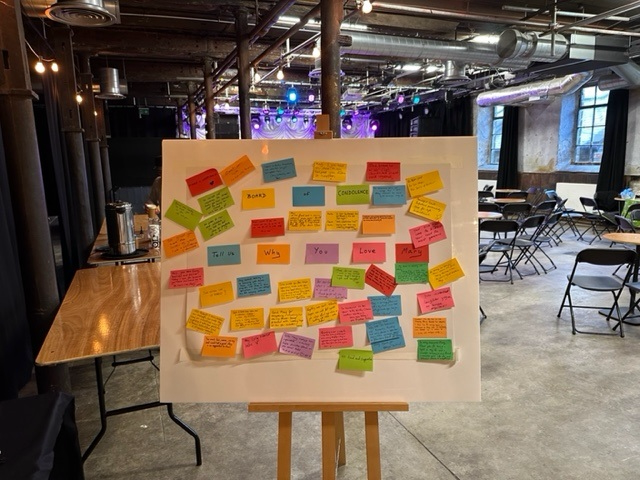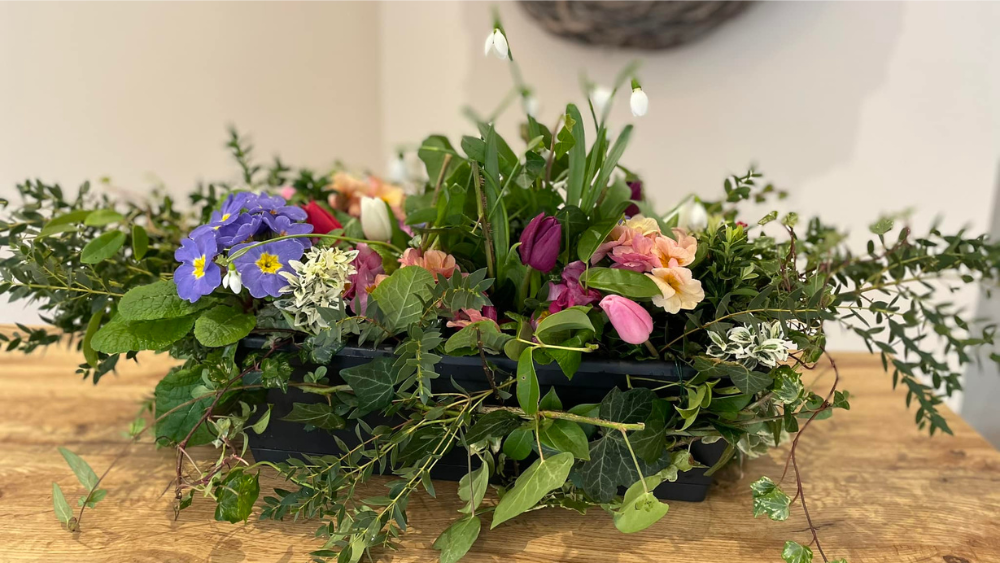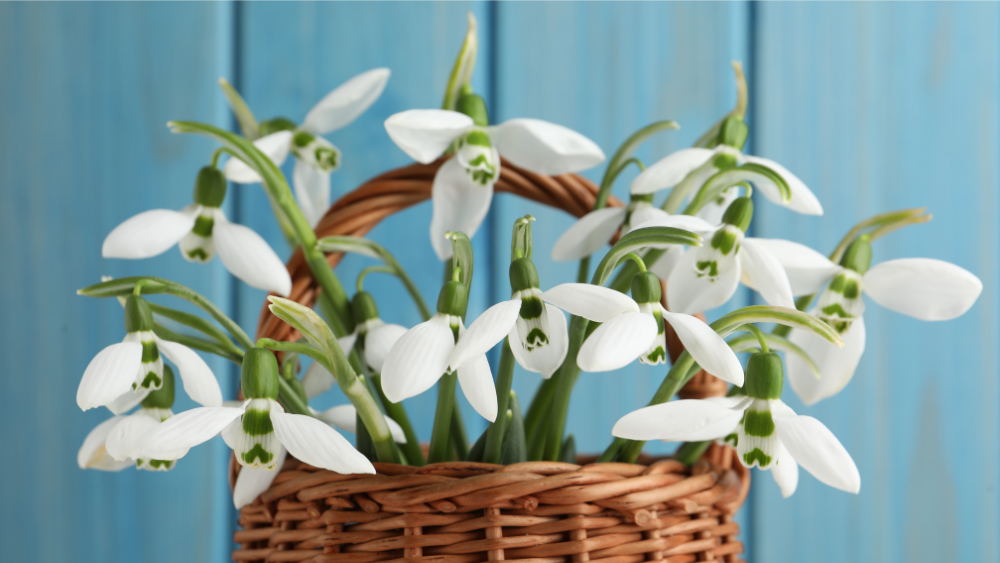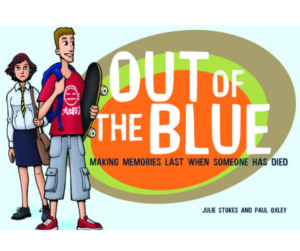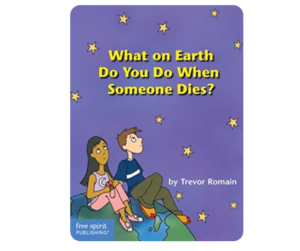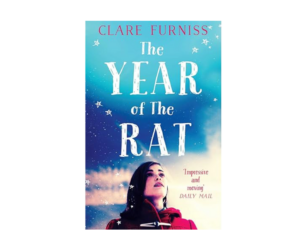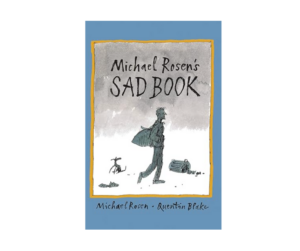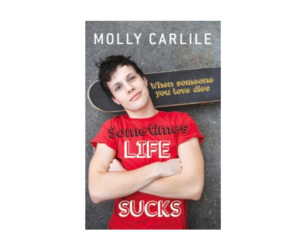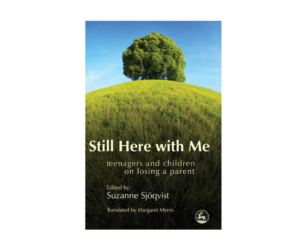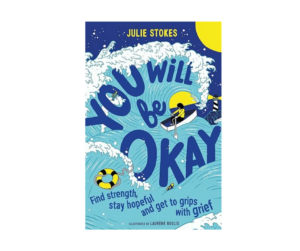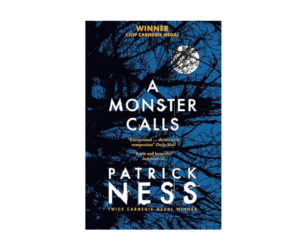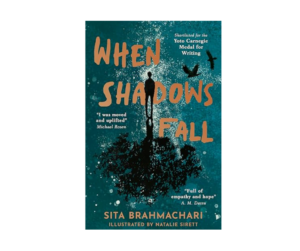How to Choose a Funeral Director
Choosing a funeral director is one of the first and foremost decisions you’ll make after someone has died. It shapes how you create a funeral to honour their memory and say your goodbyes. Many people have limited experience of making funeral arrangements, so it can make a big difference if the person you choose is knowledgeable, able to personalise their support to your needs and available when you need them.
Finding the right balance between practical support and genuine care is essential. This guide explores key considerations and essential questions to ask, so you can make a confident choice when selecting a funeral director.
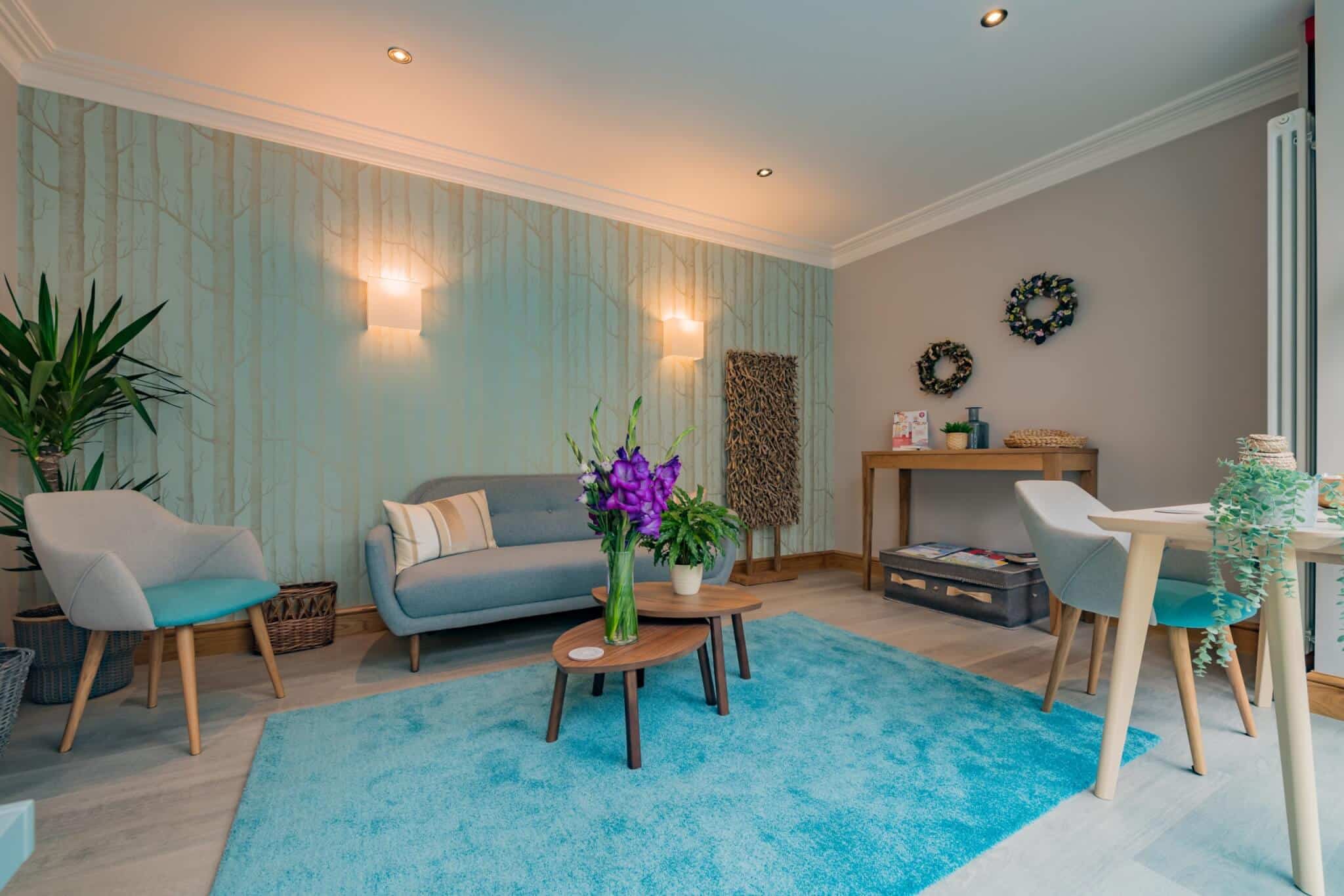

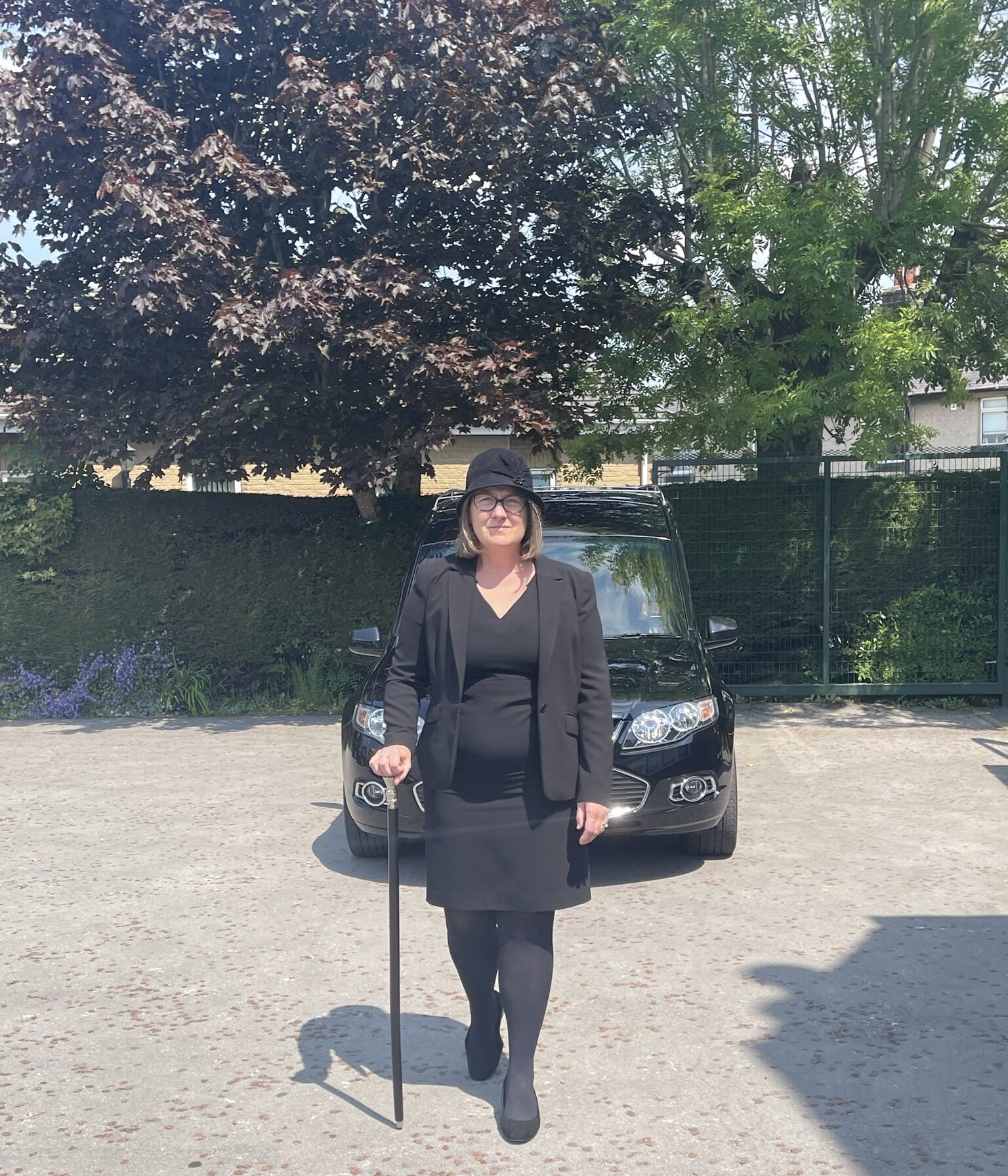

Understanding the role of a funeral director
Funeral directors manage the practical arrangements of a funeral, such as bringing the person who has died into their care, liaising with service providers and handling documentation like cremation or burial paperwork.
A good funeral director will offer emotional support and guidance, to help you make decisions about the type of funeral you’d like to arrange. Whether you’re planning a traditional service, an environmentally friendly ceremony or something more personalised, they will work with you to ensure the arrangements reflect your wishes and reflect the life of the person who has died.
Although this is not always the case elsewhere, funeral directors at Full Circle will look to support you from the first contact you have, throughout the planning process, on the way of the funeral and afterwards, if this is what you want.
Things to think about when choosing a funeral director
When selecting the right funeral director, there are several aspects to keep in mind:
A connection that feels right
Feeling at ease with a funeral director matters. Their ability to listen fully and understand your wishes will help create a service that truly reflects the life of the person who has died. A personal connection can make discussing sensitive details and sharing your worries feel less daunting.
Services that suit your needs
Every family’s preferences are different. Some funeral directors focus on traditional services, while others might offer eco-friendly or more personalised options. If you’re unsure about what you’d like, look for someone who is open to discussing possibilities and exploring what feels right for you.
Transparency of funeral costs
Understanding the costs involved in a funeral can ease financial worries. A funeral director who provides clear, upfront information about pricing and packages can help you plan without worrying about hidden extra costs and give you confidence that you are only spending money on what matters to you.
Convenience and accessibility
Opting for a local funeral director can simplify meetings and give you the opportunity to visit their facilities. A location that’s easy for family members to reach can also help on the day of the service. It is important to ask where the person who has died will be physically cared for (and you might like to know who will be delivering this care).
Respect for faith and culture
If your family has specific religious or cultural traditions, finding a funeral director who respects and understands these practices is important. Asking about their experience with particular faiths or customs can help make sure the funeral reflects your values.
A funeral director should never dictate which rituals you must adhere to but be responsive and facilitate the most fitting series of activities.
Environmental values
Many families are choosing sustainable options, such as green burials. Ask the funeral director how they incorporate environmentally conscious practices into their services. Evidence-based sustainable funeral care is evolving rapidly and some funeral directors have much more interest and experience than others. Looking for external validation, such as B Corp accreditation, may give you some additional confidence.
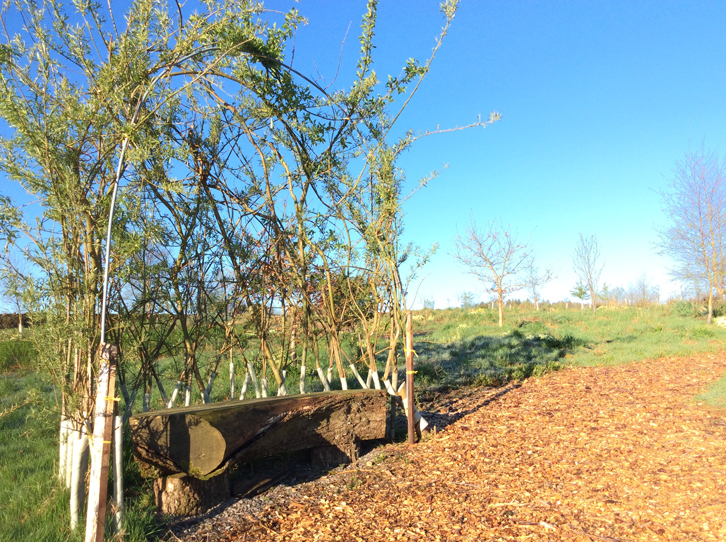



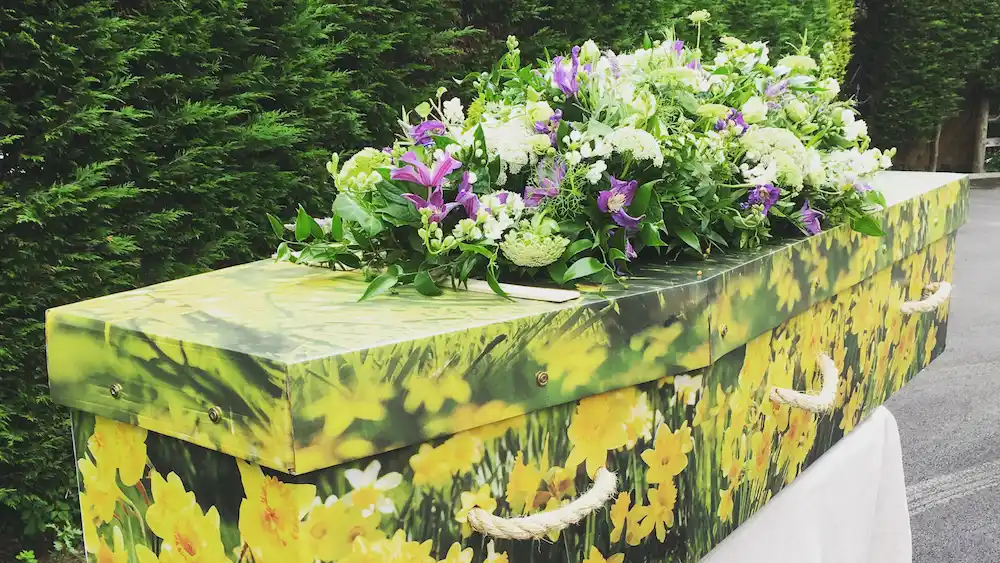

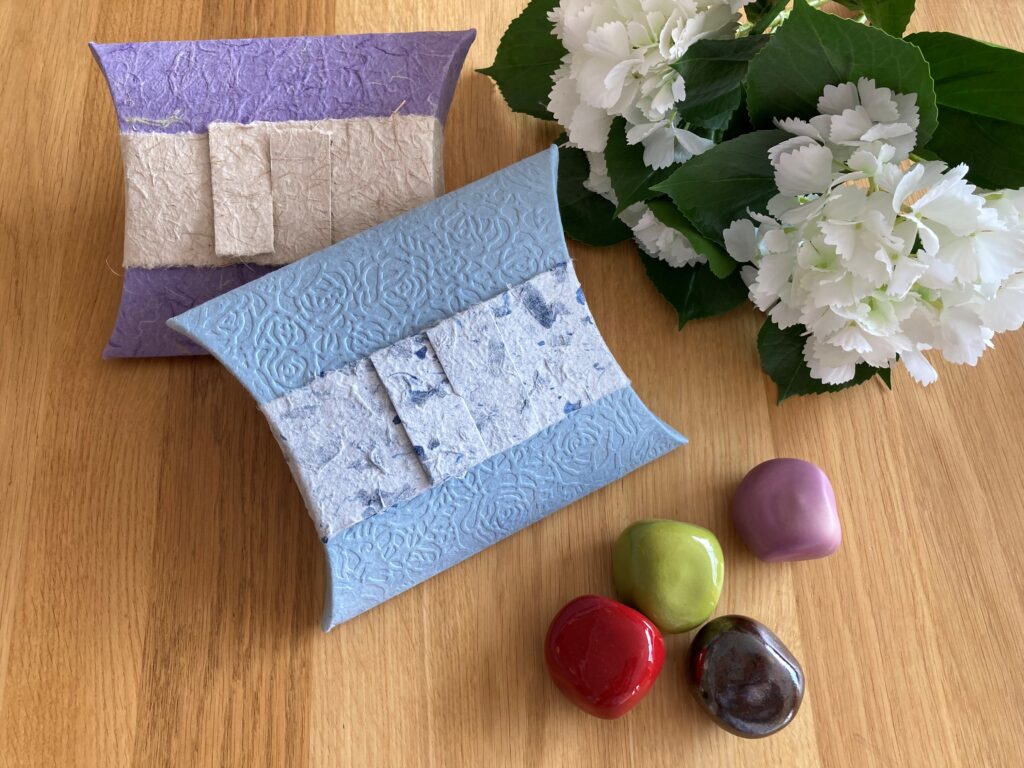

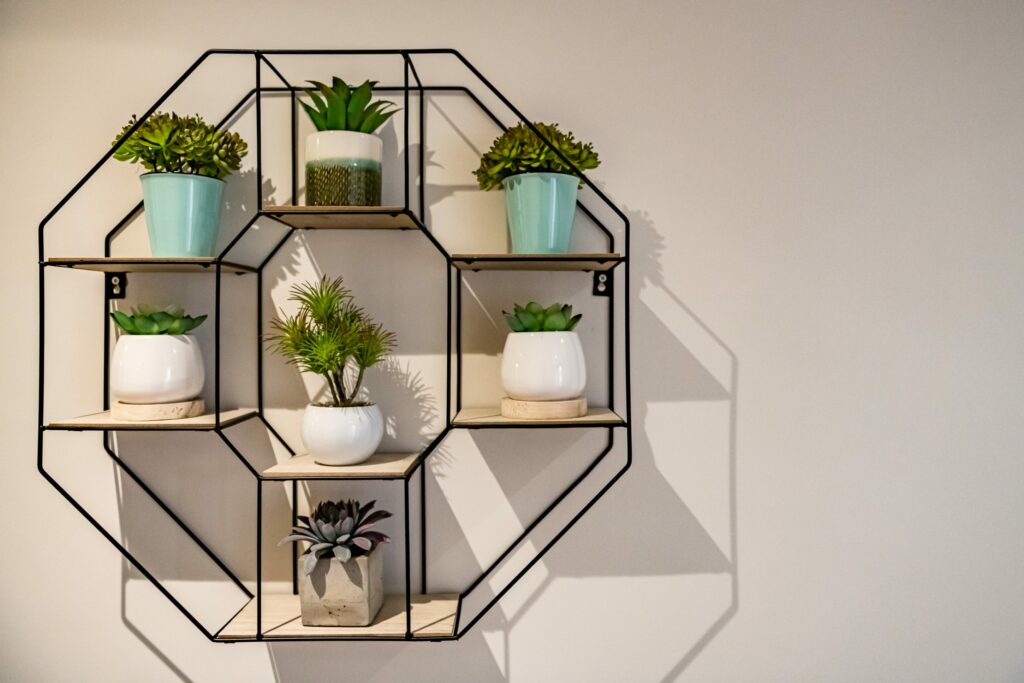

What to ask a funeral director
Making decisions after someone has died can feel overwhelming, especially when it comes to choosing a funeral director. Knowing what questions to ask can provide clarity and help you feel more supported during this challenging time.
Here are some helpful questions to consider when speaking with a funeral director:
- What funeral packages do you offer, and what do they include?
- Why do you offer packages? How do you think a package helps me?
- What kind of payment plans and financial support can you signpost me to?
- Can you help me personalise funeral services and ceremonies?
- What options are available for memorial services?
- Can you provide a breakdown of all costs involved?
- Do you have experience with alternative or non-traditional funeral arrangements?
- How do you help families manage the planning process during difficult times?
These questions can help you understand the services they provide and their approach to supporting you and your family. Taking the time to ask can ease some of the uncertainty you may be feeling.
The importance of personalisation
You do not have to make a funeral personal – there is no pressure to do so – but many people do find it consoling to add personal choices and find ways to reflect the life, loves and idiosyncrasies of the person who had died. Discuss your ideas with potential funeral directors and observe how willing they are to adapt to your requests. A good funeral director will explore ways to expand on your ideas and share their expertise to help you be as creative as you want to be. The right professional will be able to offer you plenty of choice and flexibility when it comes to adding personal and unique touches to a ceremony.
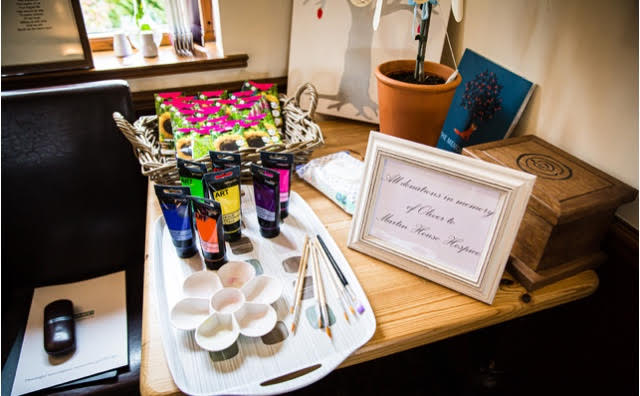

Comparing funeral directors
Once you’ve spoken to a few funeral directors, take time to compare their services, costs involved and overall approach. Pay attention to how they respond to your questions and whether their communication feels clear and empathetic.
Visiting funeral homes can also provide insight into their facilities and the atmosphere they create. Are the spaces warm and inviting? Do they offer private areas for family meetings? These details can help you decide if a funeral director is the right fit for your needs.
It is perfectly reasonable to visit a funeral director and ask them questions before deciding who you would like to support you.
Reviews and testimonials from previous clients can be helpful in evaluating their reliability and level of care. Look for feedback on aspects such as professionalism, compassion and the quality of the funeral service provided.
Finding the right support
At Full Circle Funerals, we understand how difficult it can be to plan a funeral, and we’re here to help. Our experienced team works with families across Yorkshire and Cheshire to create the right service for their needs, whether it’s a personalised memorial, a traditional ceremony or a more simple option. Contact us today to discuss your funeral planning needs.

